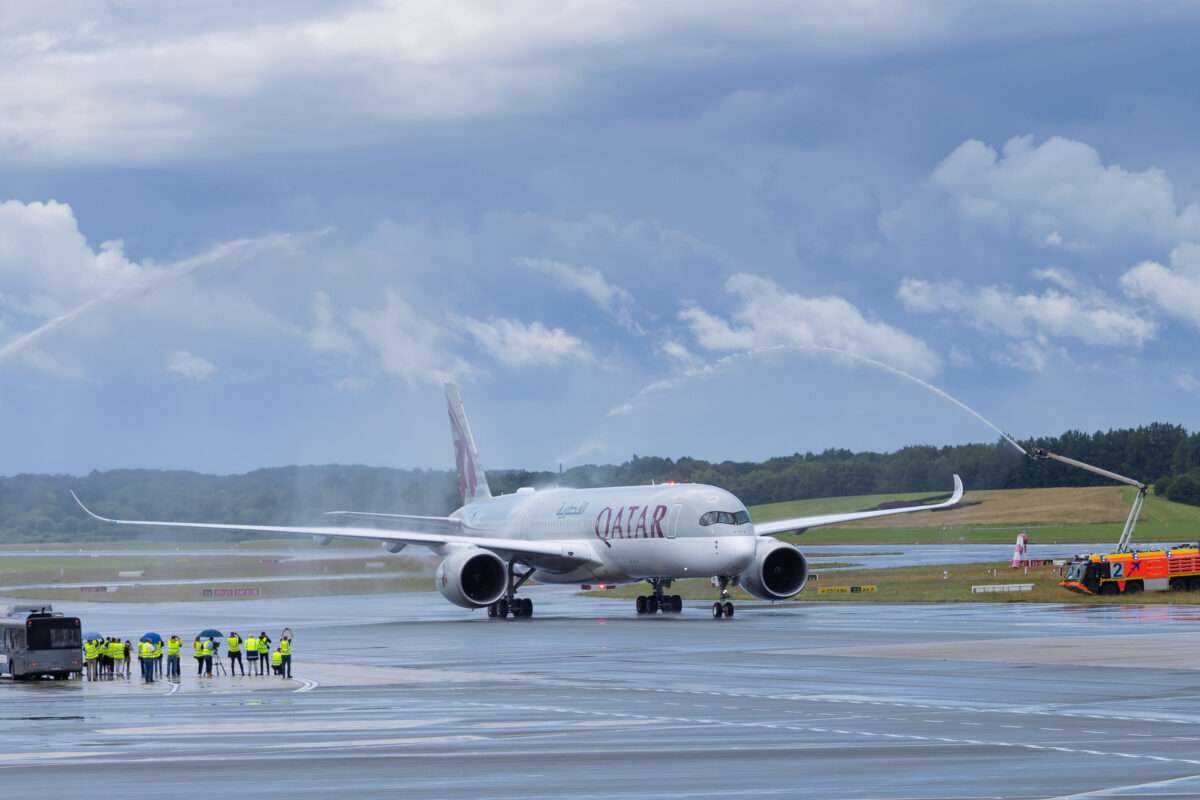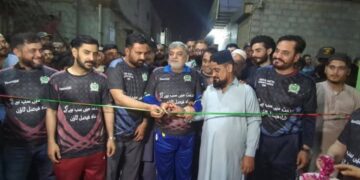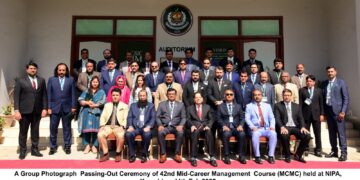In occupied Kashmir, the authorities continued to impose strict curfew and other restrictions on the 11th straight day, today, to prevent people from holding anti-India demonstrations.
Millions of Kashmiris have been deprived of their liberties and fundamental rights during all these days.
Internet broadband, telephones and TV channels continuously remain snapped.
The occupied territory remains cut off from the rest of the world.
People are deprived of essential commodities like baby food and life-saving medicines and no access is given to patients to hospital and the territory is giving the picture of a humanitarian crisis.
Hundreds of Kashmiri political leaders and activists have been put in jails or detained at undisclosed places.
Many have been flown out of the occupied territory and kept in various Indian jails in Agra, Bareilly or Lucknow and their family members do not know their whereabouts.
The summer capital of the territory Srinagar has been turned into a vast maze of razor wire coils and steel barricades while drones and helicopters hover overhead.
The mediamen who visited the territory said that Indian police and troops had arrested dozens of youth from Pulwama and Shopian districts since India’s decision of abrogating the Article 370.
Four prominent Indian civil society activists, who visited the Kashmir valley for five days between 9th to 13th August, on their return to New Delhi while addressing a press conference said that the Indian authorities have converted the Kashmir valley into a big prison under military control.
They said that the Indian media’s claims of occupied Kashmir being peaceful aere grossly misleading.
The activists are not allowed to show video clips they had recorded during the visit, which they released later on social media.
Meanwhile, human rights watchdog Amnesty International has expressed serious concern over the human rights situation in occupied Jammu and Kashmir and called upon Indian prime minister Narendra Modi to end ongoing lockdown in the valley.
Head of Amnesty International India Aakar Patel in a statement said if Prime Minister Modi believes that his decisions regarding Jammu and Kashmir have the support of the people of India, then he must immediately lift the 10-day-old communications blackout.
He stressed that Prime Minister Modi must listen to the people in the region and engage with them when it comes to decisions affecting their lives.



















